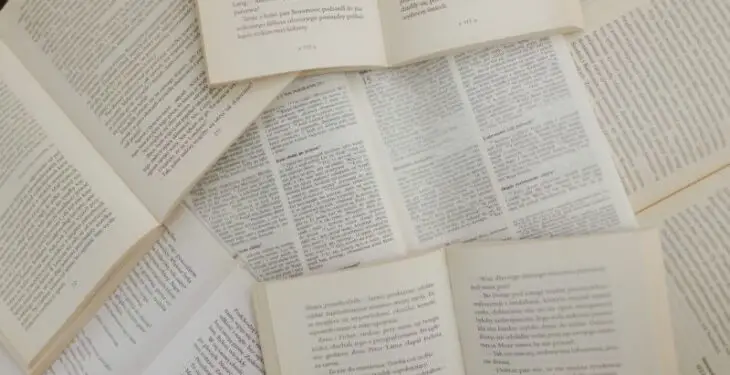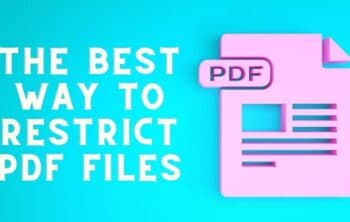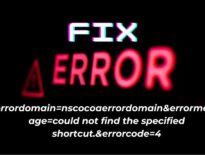The ability to think critically and analytically is more important than ever in today’s society, where information is readily available yet often contradictory. Thinking critically is essential for problem-solving and assessing the validity of assertions and arguments. However, analytical abilities enable us to simplify difficult problems and data sets into chunks that can be more easily digested and acted upon. Read on the blog to know more about books on critical thinking
The Necessity Of Being Able to Think Critically and Analytically
We can’t keep up with the ever-growing body of information, knowledge, and ideas without the ability to think critically and analytically. In a world where information comes at us from all angles, evaluating the credibility and legitimacy of that data is crucial for making sound judgments. In addition, the ability to think critically and analytically is essential for academic achievement. Students who acquire these abilities are better able to think critically about various topics, including the texts they read, the arguments they hear, and the concepts they encounter. Students can also benefit from these abilities in their research assignments, as they help them recognize trustworthy sources and evaluate the validity of the information they find there.
Why Is It Necessary To Think Critically Everyday?
Critical thinking is essential in all facets of life, from interpersonal interactions to internet shopping to assessing political platforms. Making decisions based on evidence requires recognizing and assessing assumptions, biases, and arguments. For instance, we can use critical thinking to assess the veracity of advertising claims and make more educated purchases. Personal relationships can also benefit from this awareness and the ability to recognize and combat prejudice.
How do analytical abilities improve one’s capacity to solve problems?
The ability to effectively solve problems is crucial in both professional and personal contexts. With the ability to analyze data, we can dissect issues, pinpoint their sources, and craft workable solutions. Those who think analytically are in a better position to foresee outcomes and weigh the costs and benefits of potential choices. In addition, being analytically minded is useful in many other contexts. To remedy a common domestic problem like a dripping tap, for instance, we can utilize our analytical abilities to figure out what’s wrong, what we need to fix, and how to go about getting it.
5 Books On Critical Thinking That You Should Read
The ability to think critically is fundamental in today’s complex society. It allows us to think critically, weigh evidence, and reach well-considered conclusions. Here are five books that can aid you in your quest to become a more critical thinker.
Hans Rosling, Ola Rosling, and Anna Rosling Rönnlund’s book “The Factfulness of Hope.”
The book’s back cover describes its central tenet as the “stress-reducing habit of only carrying opinions for which you have strong supporting facts.” The writers of this book argue that most individuals have an exaggerated view of the situation in the world. They blame a lack of critical thinking and the spread of false information for this way of seeing the world. The book, called “one of the best books on critical thinking,” focuses on the ten most common human inclinations that prevent us from seeing things as they really are.
Daniel Kahneman’s book, “Thinking, Fast and Slow.”
Understanding how the human brain works and how it makes judgments is the subject of this intriguing book. Kahneman demonstrates how to combat biases in our thinking by drawing on neuroscience, psychology, and economics research. In addition, he provides us with helpful advice on how to make better choices in the future.
Adam M. Grant’s book, “Thinking Again: The Power of Knowing What You Don’t Know.”
It’s unusual to come across a book that encourages us to reconsider our beliefs and find power in occasionally being incorrect. In his book Think Again, organizational psychologist Adam M. Grant walks us through the process of unlearning and relearning the concept of argument literacy and the battle to rethink our position. He also stresses the importance of developing our critical thinking abilities to better respond to the ever-evolving world and persuade people around us to make positive changes.
Tracy Bowell and Gary Kemp’s book, “Critical Thinking: A Concise Guide.”
This book is a great introduction to critical thinking if you’re just getting started. A primer on critical thinking, containing explanations of Bowell and Kemp’s fundamental ideas and methods. They also discuss the evaluation of arguments, reasoning, and ethics.
Jamie Holmes’s book “Nonsense: The Power of Not Knowing.”
In this insightful book, Holmes delves into the idea that embracing ambiguity and uncertainty can lead to better critical thinking. He uses real-life examples to demonstrate how alternative strategies for problem-solving might improve results. This book is for you if you want to challenge your assumptions and think outside the box.
Conclusion
The most effective books on thought are those that make you question your own beliefs. Thanks to the Headway app, you can taste some of the most influential works in psychology and critical thinking in just a few minutes. The Headway app summarizes books in several categories, including personal development, psychology, business expansion, and philosophy. You can keep up with your growth and attain your critical thinking objectives with the help of intriguing tools like progress trackers, achievements, and a curated library.






